For a country so richly steeped in agriculture, it may come as a surprise that Ireland has the lowest rate of female farmers in the European Union. Figures from the 2016 Labour Force Survey show that just 11.6% of farmers in Ireland were female – a huge difference from the EU average, which is around 35%. As we know, however, so many women play such an important role on Irish farms, but often their work is not recognised.
Work needs to be done to support and encourage more women to pursue careers in agriculture. That said, despite the low national average of female farmers, there are many women on Irish farms creating innovative food products. These women have used their passion for agriculture, quality food production and the environment to create not only viable, but thriving, diverse businesses within the Irish agriculture sphere.
Mimi Crawford, Crawford’s Farm, Cloughjordan, Co Tipperary
When Mimi Crawford, co-owner and producer of Crawford’s Farm Raw Milk and farm products, came to Ireland from her native United States, she never could have imagined moving here permanently. That’s just what happened, though, when she met her partner, Owen, and fell in love with him and his family’s farm near Cloughjordan, Tipperary.
“I went to a small liberal arts college in Ohio, studying physics and geology, which eventually morphed into an interest in environmental science,” she says. “Once I graduated, I was really burnt out on school so I just started travelling.”
Crawford spent her time travelling as a WWOOF-er (a willing worker on organic farms). When she wasn’t WWOOF-ing, she was trekking and living out of a tent.
“I did that for about a year,” she explains. “When I returned to the US, I applied to some master’s international programs in environmental engineering.”
After submitting her applications, Crawford came to Ireland to volunteer at the Cloughjordan community farm. It was during her time there that she met husband, Owen, eventually making the decision to live in Ireland and settle on his family’s land.
“I was always interested in food – and the production of food – and to be the change you want to see in the world,” she continues. “From a sustainability perspective, our goal is to be as reliant on ourselves and the natural world around us as possible.”

Mimi Crawford, Crawford’s Farm, Cloughjordan, Co Tipperary. \ Barry Cronin
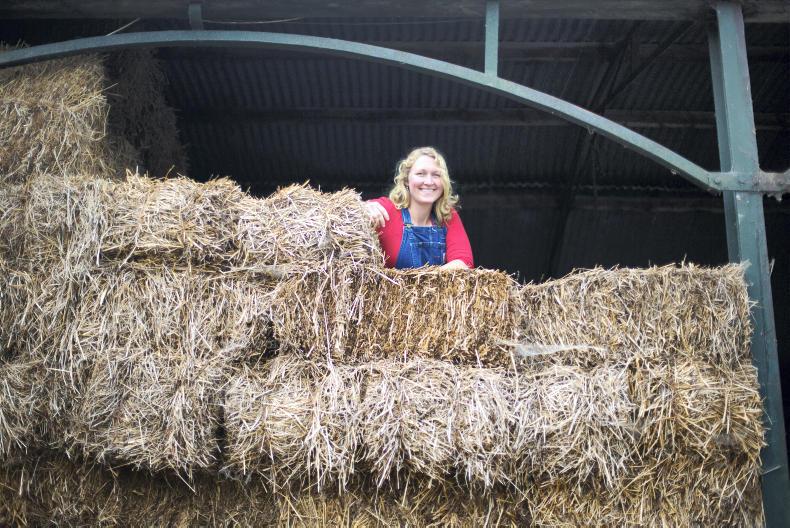
Mimi Crawford, Crawford’s Farm, Cloughjordan, Co Tipperary. \ Barry Cronin
Being a food producer in Ireland is never easy, and while the Crawfords have faced struggles while launching their small business, the demand for their product is high and their customer base – whether at The Milk Market in Limerick or through stockists like Sheridan’s Cheesemongers – is solid.
“The hard part, in Ireland, for me to grasp is that the population is so much smaller (than in America),” she says. “You may have a wonderful product but you’re never going to have a massive audience to sell to – you have to put that in perspective.”
Still, since their raw milk is of high quality and produced with a low environmental impact, in that way it has been easy for the Crawfords to find their customer base.
“We have been very fortunate in that we haven’t had to do much in the way of marketing,” she muses. “It’s a niche, so the product basically sells itself. We didn’t originally go into this as 100% what we wanted to do. Very few people in Ireland were making and selling raw milk (at the time). We sort of let this evolve naturally.”
Mimi and Owen have now been selling their raw milk, cream, butter and organic meat products for three years. While they are still building their business and deciding which directions to take, their ethos will remain the same: to leave as small a carbon imprint as possible and to only sell organic, holistic and ethically produced foods.
“It’s a lifestyle for us. We’re building a life,” she states. “We’re not going to become millionaires doing it but there’s value in the way we want to live – as much as any monetary value.”
www.crawfordsfarm.ie
Annie and Áine Dalton, Annie’s Organic Farm, Ardmayle, Co Tipperary
Before this mother-daughter team started selling their local, organically-grown vegetables and salad greens in weekly veggie boxes around Tipperary, the larger supermarkets in the county didn’t have much competition. Luckily, Annie’s Organic veggies and greens aren’t only delicious and in-season, the boxes get delivered right to customers’ doors, making it easy for consumers.
“My mother used to work in a community garden in Cashel (now closed),” Aine explains. “She always loved gardening but this job really inspired her to go on further with it.”
On farmland passed down from Annie’s parents, the duo put up polytunnels and started planting on five acres of farmland in Ardmayle, Tipperary. Two years into their business, they are certified organic with the Irish Organic Association, IOFGA, and supply a number of local restaurants and supermarkets as well as their private vegetable deliveries.
Annie believes the variety of customer outlets available to them locally is what continues to drive the demand for their product.
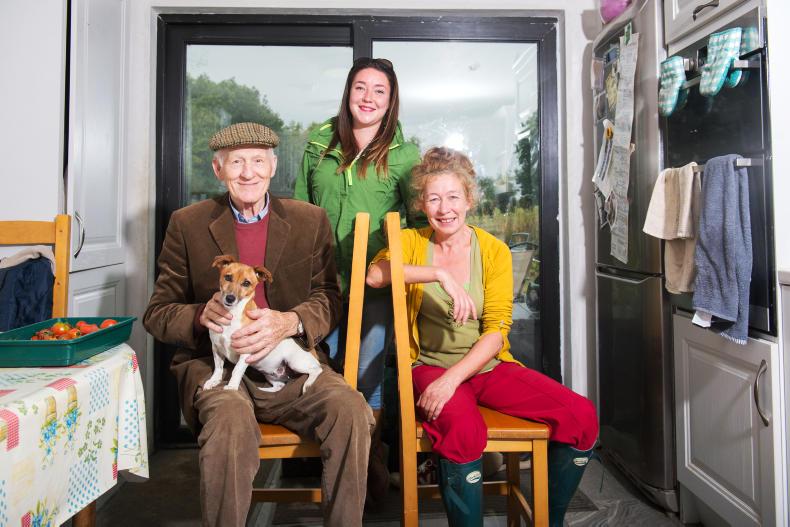
Annie with her father, Eddie, and her daughter, Áine. Annie’s Organic Farm, Ardmayle, Co Tipperary. \ Barry Cronin

Annie Dalton and her daughter, Áine, at Annie’s Organic Farm, Ardmayle, Co Tipperary. \ Barry Cronin
“You can’t do one thing without doing the other – restaurants, farmers markets, supermarkets,” she says. “Setting up a business can be difficult; we are two years into a five-year plan, but I do believe that our customer base is enough to sustain our business in the long run.”
The Daltons have plans for expanding their product line, including planting fruit and nut trees on their farm in the coming months. One thing that sets them apart from other farm businesses is their contentment in growing manageable amounts of excellent-quality vegetables and keeping their delivery boundaries to the Munster region.
“We are really passionate about biodiversity,” Aine continues. “Besides keeping our deliveries local to ensure as small a carbon footprint as possible, we have also created nature havens on our farm that can’t be disturbed – this supports the biodiversity on our own property.”
To find out more about Annie’s Organic Vegetables or to make an order, you can visit their website: http://www.anniesfarmtipperary.ie
Kitty Colchester, Second Nature Oils, Urlingford, Co Kilkenny
Kitty Colchester was volunteering abroad at refugee camps before deciding that her true passion grew on her family farm in Co Kilkenny in the form of organically grown, cold-pressed oil. Now, Colchester’s Drumeen Farm (originally one of the first certified organic farms in Ireland) produces Second Nature organic oils, selling throughout Ireland and internationally.
“It was 2007 before we pressed any oil,” Kitty says. “My mother had bought an oil press for personal use as our farm was always as self-subsistent as possible. My father had been growing some rapeseed. I returned home for good in 2008 and started Second Nature then.”
It was the height of the recession in 2008 and, remarkably, Kitty was able to start and grow her business without ever going into debt.
“At first, I was just selling a few litres a week at farmer’s markets,” she remarks. “Now, we’re selling up to 90,000 litres of organic rapeseed and flax oil per year.”
She credits the fact that, during the recession, local individuals and food suppliers became more interested in supporting local food producers. In effect, the recession helped the business blossom.
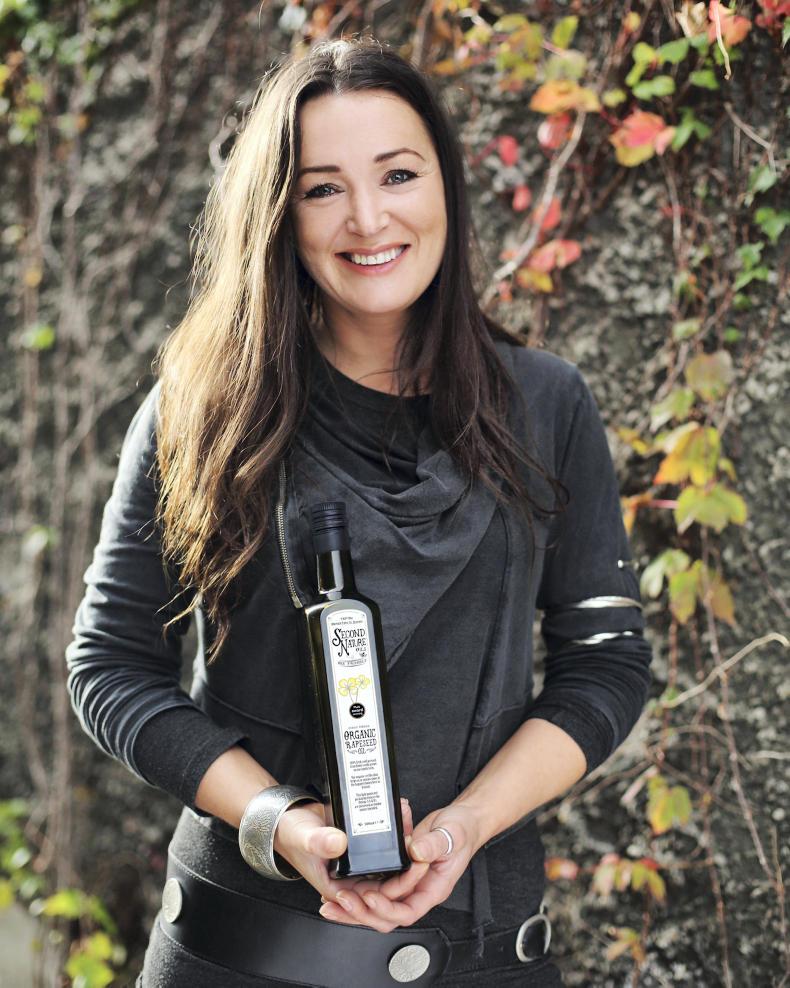
Kitty Colchester of Second Nature rapeseed oil.
Rapeseed and flax oil are among the healthiest and most sustainable oil crops you can grow in Ireland. As well as creating a small carbon footprint by producing the oil on-site, Kitty does not let her oil sit in sedimentation vats (as is the norm with most types of oil) – she bottles all of her oils fresh, including the sediment, which adds to the nutritional value of her oils.
Oilseed rape is a multi-purpose crop, so even though just the seeds are used for oil, the rest of the plant goes into making feed for farm animals. Flax is one of the healthiest sources of omega-3 fat. Kitty insists that it often doesn’t matter what kind of oil you’re eating – it’s how the seeds are grown and how it’s prepared that makes all the difference.
“I love the organic olive oils I find down in Spain,” she remarks. “In my opinion, a well-made, organic oil is always the better option – obviously, buying a local oil is a good thing, too.”
You can find Second Nature rapeseed oil in stockists throughout the country, including select SuperValus and Avoca. See http://www.secondnatureoils.com
Read more
From indoor design to outdoor dosing
Like mother, like daughter
For a country so richly steeped in agriculture, it may come as a surprise that Ireland has the lowest rate of female farmers in the European Union. Figures from the 2016 Labour Force Survey show that just 11.6% of farmers in Ireland were female – a huge difference from the EU average, which is around 35%. As we know, however, so many women play such an important role on Irish farms, but often their work is not recognised.
Work needs to be done to support and encourage more women to pursue careers in agriculture. That said, despite the low national average of female farmers, there are many women on Irish farms creating innovative food products. These women have used their passion for agriculture, quality food production and the environment to create not only viable, but thriving, diverse businesses within the Irish agriculture sphere.
Mimi Crawford, Crawford’s Farm, Cloughjordan, Co Tipperary
When Mimi Crawford, co-owner and producer of Crawford’s Farm Raw Milk and farm products, came to Ireland from her native United States, she never could have imagined moving here permanently. That’s just what happened, though, when she met her partner, Owen, and fell in love with him and his family’s farm near Cloughjordan, Tipperary.
“I went to a small liberal arts college in Ohio, studying physics and geology, which eventually morphed into an interest in environmental science,” she says. “Once I graduated, I was really burnt out on school so I just started travelling.”
Crawford spent her time travelling as a WWOOF-er (a willing worker on organic farms). When she wasn’t WWOOF-ing, she was trekking and living out of a tent.
“I did that for about a year,” she explains. “When I returned to the US, I applied to some master’s international programs in environmental engineering.”
After submitting her applications, Crawford came to Ireland to volunteer at the Cloughjordan community farm. It was during her time there that she met husband, Owen, eventually making the decision to live in Ireland and settle on his family’s land.
“I was always interested in food – and the production of food – and to be the change you want to see in the world,” she continues. “From a sustainability perspective, our goal is to be as reliant on ourselves and the natural world around us as possible.”

Mimi Crawford, Crawford’s Farm, Cloughjordan, Co Tipperary. \ Barry Cronin

Mimi Crawford, Crawford’s Farm, Cloughjordan, Co Tipperary. \ Barry Cronin
Being a food producer in Ireland is never easy, and while the Crawfords have faced struggles while launching their small business, the demand for their product is high and their customer base – whether at The Milk Market in Limerick or through stockists like Sheridan’s Cheesemongers – is solid.
“The hard part, in Ireland, for me to grasp is that the population is so much smaller (than in America),” she says. “You may have a wonderful product but you’re never going to have a massive audience to sell to – you have to put that in perspective.”
Still, since their raw milk is of high quality and produced with a low environmental impact, in that way it has been easy for the Crawfords to find their customer base.
“We have been very fortunate in that we haven’t had to do much in the way of marketing,” she muses. “It’s a niche, so the product basically sells itself. We didn’t originally go into this as 100% what we wanted to do. Very few people in Ireland were making and selling raw milk (at the time). We sort of let this evolve naturally.”
Mimi and Owen have now been selling their raw milk, cream, butter and organic meat products for three years. While they are still building their business and deciding which directions to take, their ethos will remain the same: to leave as small a carbon imprint as possible and to only sell organic, holistic and ethically produced foods.
“It’s a lifestyle for us. We’re building a life,” she states. “We’re not going to become millionaires doing it but there’s value in the way we want to live – as much as any monetary value.”
www.crawfordsfarm.ie
Annie and Áine Dalton, Annie’s Organic Farm, Ardmayle, Co Tipperary
Before this mother-daughter team started selling their local, organically-grown vegetables and salad greens in weekly veggie boxes around Tipperary, the larger supermarkets in the county didn’t have much competition. Luckily, Annie’s Organic veggies and greens aren’t only delicious and in-season, the boxes get delivered right to customers’ doors, making it easy for consumers.
“My mother used to work in a community garden in Cashel (now closed),” Aine explains. “She always loved gardening but this job really inspired her to go on further with it.”
On farmland passed down from Annie’s parents, the duo put up polytunnels and started planting on five acres of farmland in Ardmayle, Tipperary. Two years into their business, they are certified organic with the Irish Organic Association, IOFGA, and supply a number of local restaurants and supermarkets as well as their private vegetable deliveries.
Annie believes the variety of customer outlets available to them locally is what continues to drive the demand for their product.

Annie with her father, Eddie, and her daughter, Áine. Annie’s Organic Farm, Ardmayle, Co Tipperary. \ Barry Cronin

Annie Dalton and her daughter, Áine, at Annie’s Organic Farm, Ardmayle, Co Tipperary. \ Barry Cronin
“You can’t do one thing without doing the other – restaurants, farmers markets, supermarkets,” she says. “Setting up a business can be difficult; we are two years into a five-year plan, but I do believe that our customer base is enough to sustain our business in the long run.”
The Daltons have plans for expanding their product line, including planting fruit and nut trees on their farm in the coming months. One thing that sets them apart from other farm businesses is their contentment in growing manageable amounts of excellent-quality vegetables and keeping their delivery boundaries to the Munster region.
“We are really passionate about biodiversity,” Aine continues. “Besides keeping our deliveries local to ensure as small a carbon footprint as possible, we have also created nature havens on our farm that can’t be disturbed – this supports the biodiversity on our own property.”
To find out more about Annie’s Organic Vegetables or to make an order, you can visit their website: http://www.anniesfarmtipperary.ie
Kitty Colchester, Second Nature Oils, Urlingford, Co Kilkenny
Kitty Colchester was volunteering abroad at refugee camps before deciding that her true passion grew on her family farm in Co Kilkenny in the form of organically grown, cold-pressed oil. Now, Colchester’s Drumeen Farm (originally one of the first certified organic farms in Ireland) produces Second Nature organic oils, selling throughout Ireland and internationally.
“It was 2007 before we pressed any oil,” Kitty says. “My mother had bought an oil press for personal use as our farm was always as self-subsistent as possible. My father had been growing some rapeseed. I returned home for good in 2008 and started Second Nature then.”
It was the height of the recession in 2008 and, remarkably, Kitty was able to start and grow her business without ever going into debt.
“At first, I was just selling a few litres a week at farmer’s markets,” she remarks. “Now, we’re selling up to 90,000 litres of organic rapeseed and flax oil per year.”
She credits the fact that, during the recession, local individuals and food suppliers became more interested in supporting local food producers. In effect, the recession helped the business blossom.

Kitty Colchester of Second Nature rapeseed oil.
Rapeseed and flax oil are among the healthiest and most sustainable oil crops you can grow in Ireland. As well as creating a small carbon footprint by producing the oil on-site, Kitty does not let her oil sit in sedimentation vats (as is the norm with most types of oil) – she bottles all of her oils fresh, including the sediment, which adds to the nutritional value of her oils.
Oilseed rape is a multi-purpose crop, so even though just the seeds are used for oil, the rest of the plant goes into making feed for farm animals. Flax is one of the healthiest sources of omega-3 fat. Kitty insists that it often doesn’t matter what kind of oil you’re eating – it’s how the seeds are grown and how it’s prepared that makes all the difference.
“I love the organic olive oils I find down in Spain,” she remarks. “In my opinion, a well-made, organic oil is always the better option – obviously, buying a local oil is a good thing, too.”
You can find Second Nature rapeseed oil in stockists throughout the country, including select SuperValus and Avoca. See http://www.secondnatureoils.com
Read more
From indoor design to outdoor dosing
Like mother, like daughter









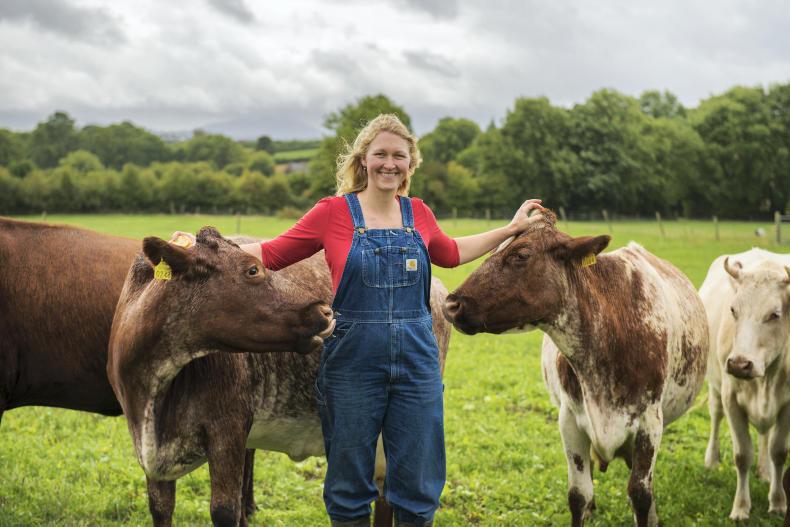
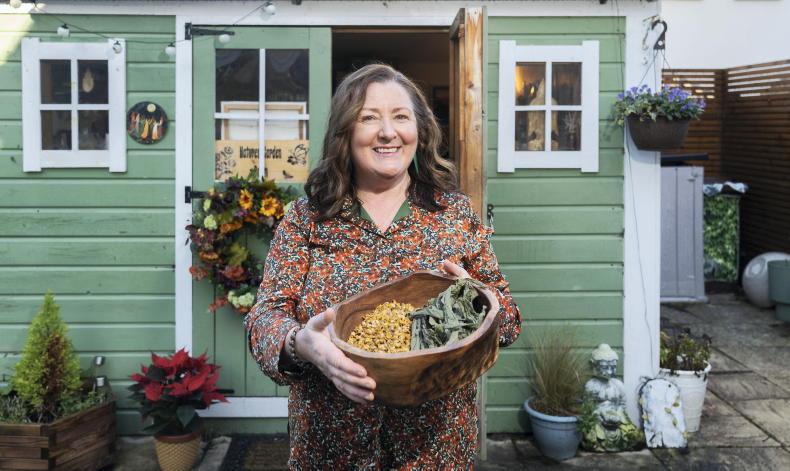
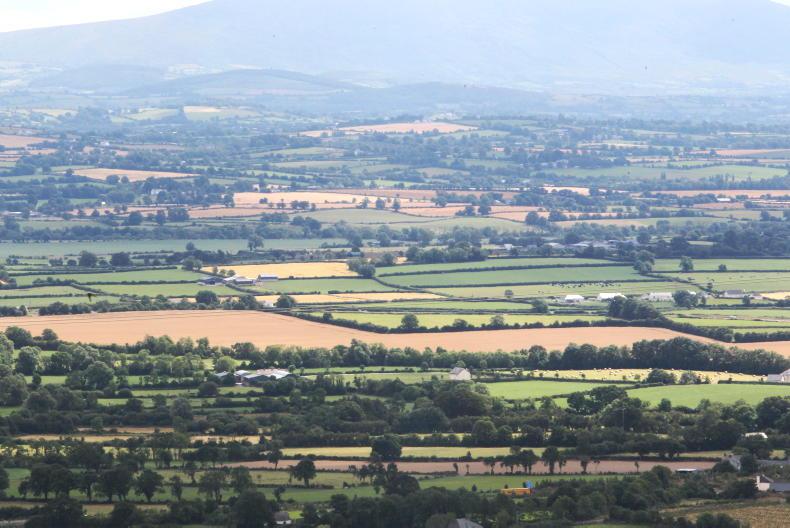
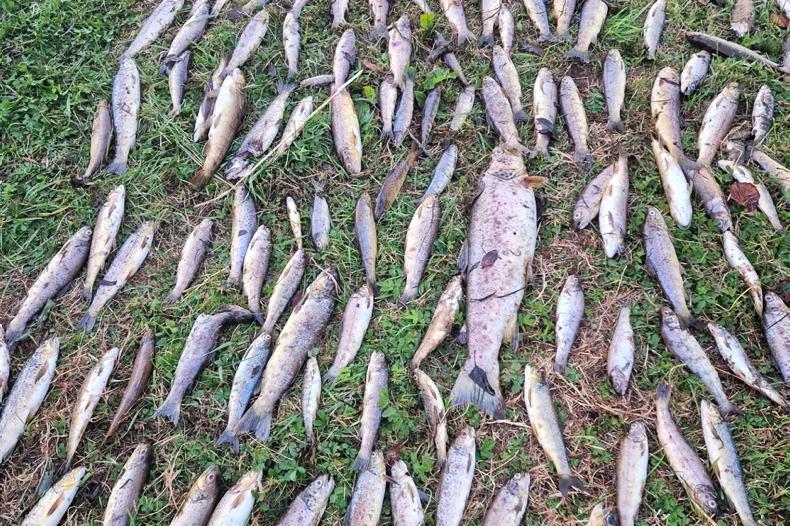
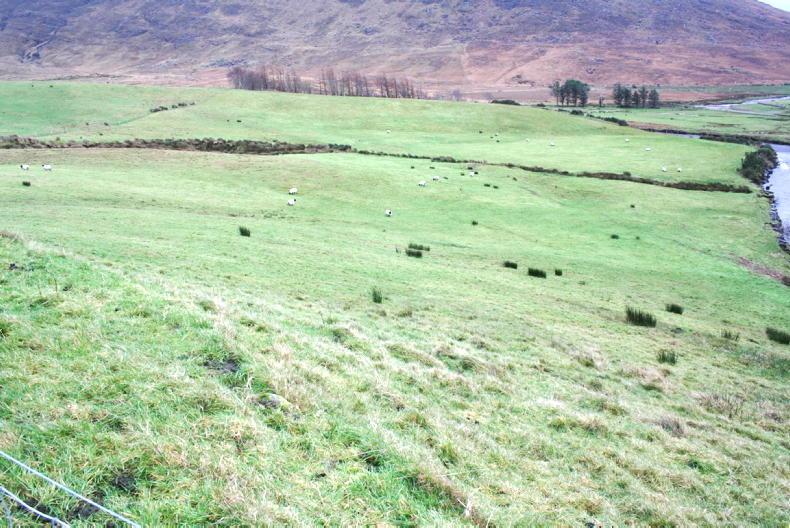
SHARING OPTIONS